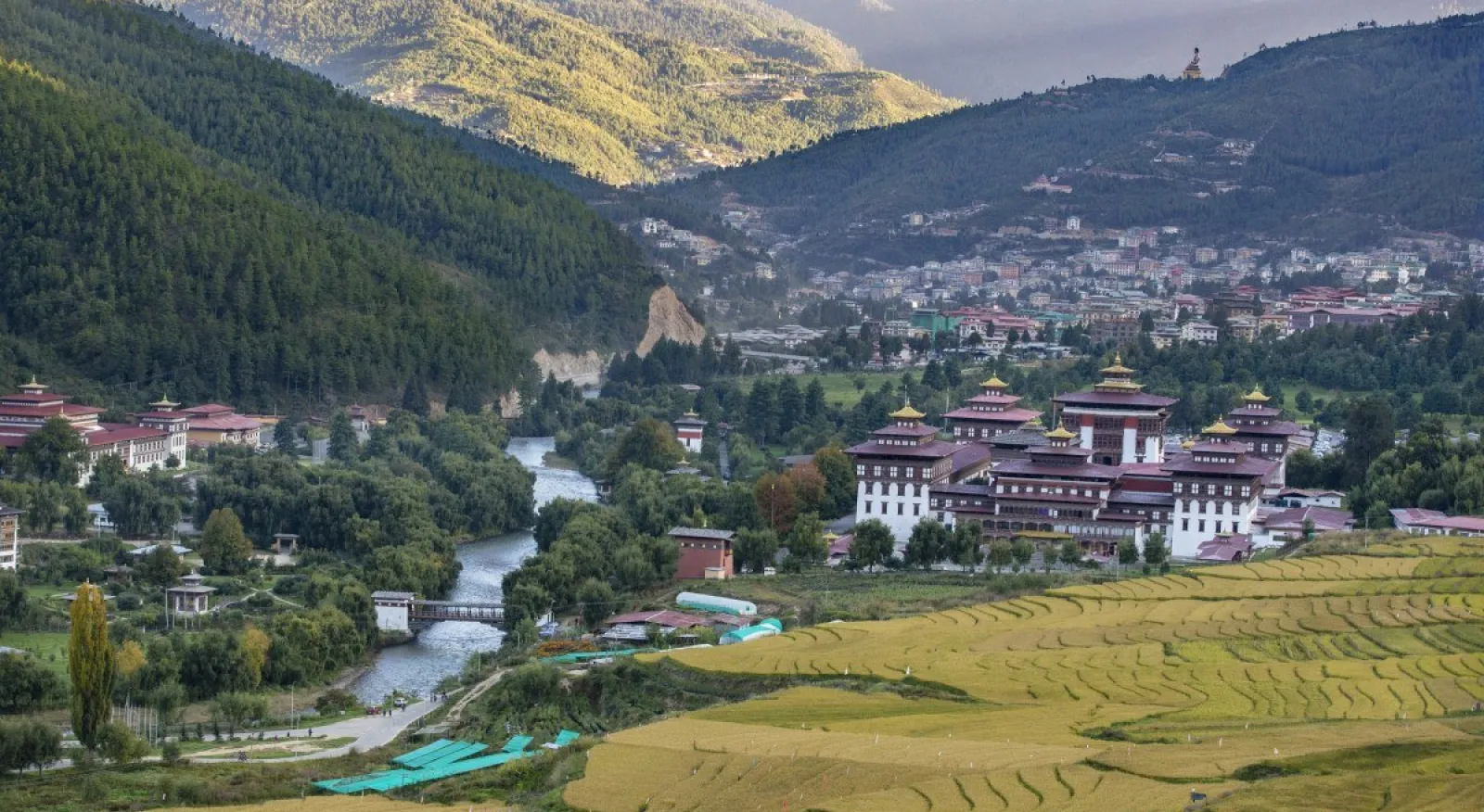Enhancing inclusive education for children in Bhutan
A pioneering project to train teachers is transforming learning opportunities for children with disability in Bhutan.

Teachers in Bhutan face a number of challenges in providing high-quality education for children living with disability, including limited infrastructure, capacity and resources for inclusive education.
To help tackle this, The Bhutan Ministry of Education – with the support of an Impact Fund Grant from the Australian Volunteers Program – is training teachers to become empowered to support and educate children living with disability. This is in recognition of the vital role inclusive education plays in ensuring people living with disability have equal opportunities in life.
‘Together, with the Ministry of Education, we're having a positive impact on the development and enhancement of inclusive education in Bhutan', says Yeshey Lhaden, Australian Volunteers Program Manager in Bhutan.
A vital need
As part of the pioneering project, the Ministry is delivering training for 90 teachers at two inclusive schools. The teachers are being trained by the Ministry of Education’s Early Childhood Care and Development (ECCD) and special education needs (SEN) Division, in screening, assessment, basic interventions and lesson adaptation for students with disability and special education needs. Training sessions will also promote understanding, inclusion and empowerment for girls living with disability.
In addition to the teacher training, the Ministry is providing learning resources such as teaching, awareness and sensitisation materials, as well as investing in suitable online learning and interactive educational tools.
The project is described as ‘vital’ by Tshelthrim Dorji, Planning Officer at The Ministry of Education in Bhutan, especially as: ‘SEN schools, infrastructure and expertise are all very limited in Bhutan.’
‘We aspire to provide the most inclusive support and care to learners living with disability,’ says Dorj, who adds that the project is already proving to be effective, particularly in terms of building capacity of SEN teachers in Rapid-Neuro Developmental Assessment (RNDA) and Rapid Functional Assessment (RFA), both of which assist with early detection of neural and physical disabilities.’
Reflecting on training carried out at two SEN inclusive schools – Khuruthang MSS in Punakha and Tshaphel MSS in Haa – Dorji said:
‘The SEN teachers at these two schools were trained in two important skills, RNDA and RFA for early detection of neural and physical disabilities. Obtaining these skills has helped them to identify students who require early intervention, as well as those who are the most physically challenged.’
In direct response to these findings, the teachers have provided extra support by spending more time on literacy and numeracy, adapting seating arrangements for those with hearing and visibility impairments, recommending counselling, and building parental awareness about SEN inclusive education and opportunities.
There are still challenges to overcome, including standard school infrastructure, which according to Dorji is not currently suitable for many SEN students and children living with disability.
‘There is a need for renovations and installation of ramps, dedicated SEN classrooms and SEN-friendly toilets, especially as many students are expected to enrol in schools that have been newly identified as having SEN programs.’
An enriching experience
Teachers are an integral part of inclusive education becoming widespread in Bhutan, and feedback from those teachers participating in the project has been incredibly positive.
‘Initially, I was unsure how well equipped I’d feel to support students with disability and special needs. However, after attending the RNDA and RFA assessment workshop, I felt confident in my ability to be able to identify and support these students,’ said a participant taking part in the training.
'Everyone should be treated equally and every child has the right to a quality education.'
‘I felt the training was enriching and very beneficial. I learnt so much including about different types of disability, appropriate terminology to use when referring to disability, plus the process of early intervention strategies and various assessment tools.’
‘By increasing my awareness and understanding of special needs and disability, I completely changed my mindset. I strongly believe that everyone should be treated equally and advocate that every child has the right to a quality education.’